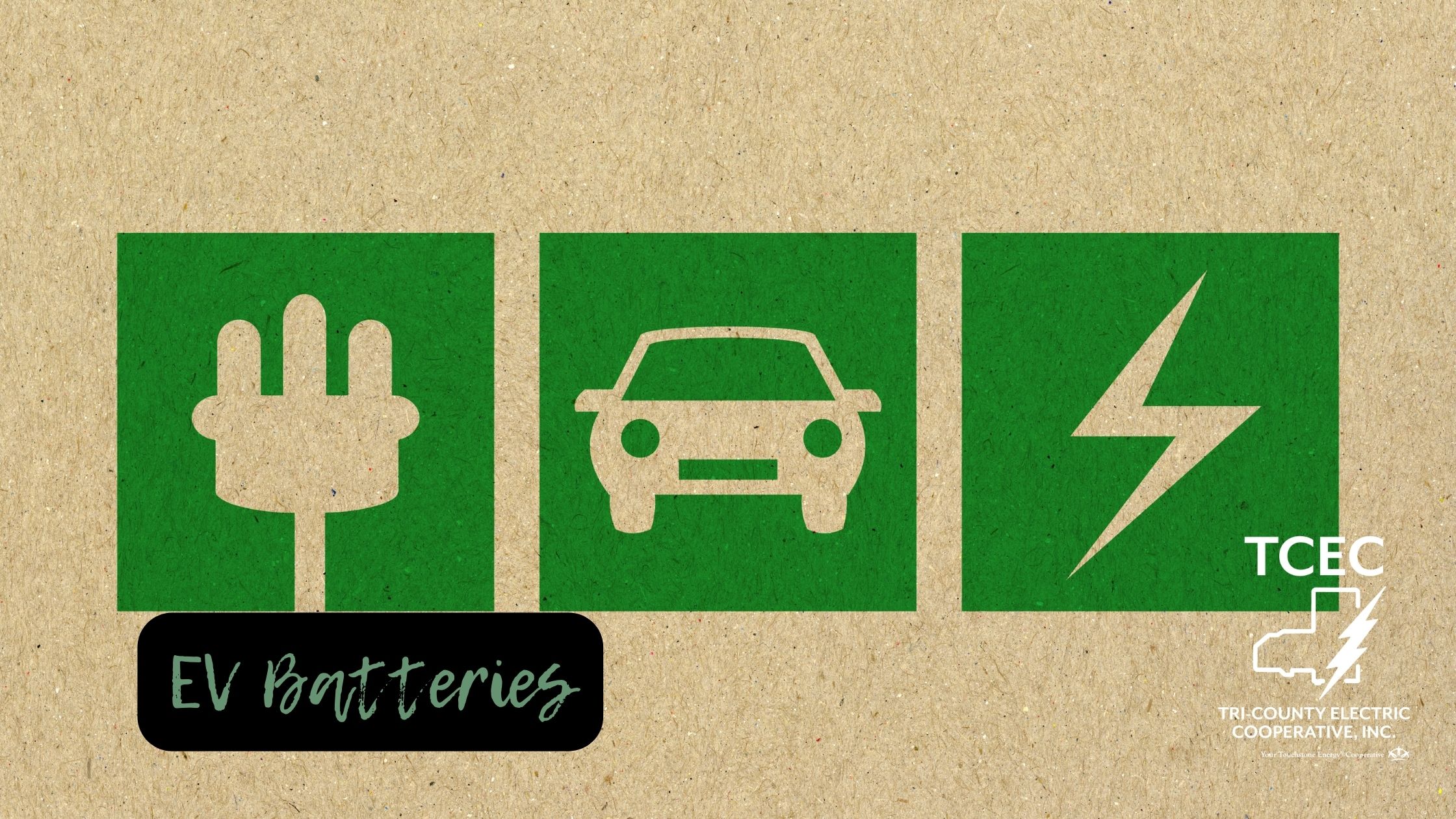
What is in store for EV batteries?
Range anxiety is one of the main concerns that members have regarding electric vehicles (EVs), which leads us to our next EV topic in this series - batteries. I would love to tell you exactly how long an EV battery will last, but unfortunately, there are a lot of variables. You must take into consideration: high/low temperatures, overcharging, frequent driving with the battery less than half full, frequent quick accelerations, age of the battery, size of the battery, and vehicle make and model.
For a frame of reference, the 2022 Chevy Bolt has an 8 year/100K mile warranty for its lithium-ion battery. Depending on the factors mentioned above, the life expectancy of the Chevy Bolt battery is 300k-400k miles. The battery pack has 161 components, nine modules, and 288 cells, and weighs 435 lb. The cost to replace a 2022 Chevy Bolt EV battery runs around $15,700 for the battery itself before labor, taxes, and other fees. For some models, there is also an option to refurbish battery packs for about half the cost of a full replacement. Chevrolet reports that the estimated driving range for their 2022 Chevy Bolt EV is 259 miles on a full charge with the disclaimer that, “Your actual range will vary based on several factors, including temperature, terrain, battery age and how you use and maintain your vehicle,” as previously mentioned.
How long does it take to charge? A Chevy Bolt EV charging on a 120V charging unit will accumulate 4 miles of range in approximately 1 hour. If the vehicle is charging on a 240V charging unit, it can fully charge in approximately 7 hours. If you are charging this vehicle at a DC fast charge station (typically seen in commercial settings) you can accumulate up to 100 miles of range in 30 minutes.
What happens to this 435 lb. battery when it’s removed from the vehicle? Fortunately, we are beginning to see the batteries being recycled or used as part of energy storage systems. For example, Nissan has launched an initiative to use old Nissan LEAF batteries as the energy storage for streetlights. The lights have a solar panel that generates energy which is then stored in the battery. At night, the battery provides the power to run the streetlight.
There are a few ways to extend the life of your vehicle battery. Kia suggests a slow charge. While charging fast is a great convenience, fast charging presses so much current into the batteries in a short period and strains your EV battery. Eight years of standard charging will give you 10% more battery life compared to 8 years of using fast charging.
Kia also states that, “EVs that are parked or stored with an empty or full battery also degrades the battery. If you do not use your electric car often or have a long trip planned, get a timed charger, and plug it in. Leaving your vehicle at 100 percent while parked at a certain place for a long period, the battery will struggle with preserving its state of charge while you are away. One strategy is to charge just above the low mark, not filling it up to the maximum capacity, at an average charge level between 25 percent and 75 percent”.
Sources: Advanced Energy, Touchstone Energy.com, 2019, How Long will an Electric Vehicle Battery Last? Chevrolet Press Room, Media.Chevrolet.com, 2022 Bolt EUV and Bolt EV Specifications Kia.com, 2022, How to extend EV battery life?

